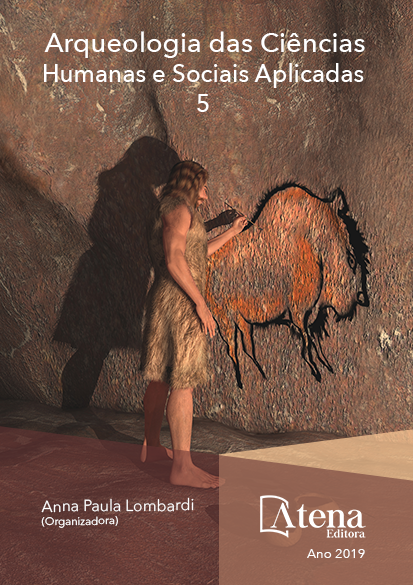
VOZES DE MULHERES: O “APRENDER A FALAR” A PARTIR DOS CLUBES DE TROCA E NOVAS POSICIONALIDADES
Este artigo se propõe a apresentar
parte dos estudos de doutoramento concluído
em que se analisaram as experiências
de mulheres na economia solidária, mais
especificamente em clubes de troca de Curitiba
e região metropolitana. O objetivo neste artigo é
analisar como o falar constitui parte substancial
da experiência das mulheres nos clubes, e para
além deles, engendrando processos de cuidado
e agência a partir de tecnologias do eu. A base
empírica se deu por meio de entrevistas em
profundidade com 12 mulheres e observação
participante em quatro clubes de troca. O
referencial teórico inclui contribuições de Joan
Scott, Teresa de Lauretis e Michel Foucault.
Concluiu-se que através de metodologias
específicas e do modo como as mulheres
vivenciam a experiência de estar nos clubes
“aprender a falar” converte-se em enunciarse, resultando em novas posicionalidades
em relação às situações de violências e
silenciamentos.
VOZES DE MULHERES: O “APRENDER A FALAR” A PARTIR DOS CLUBES DE TROCA E NOVAS POSICIONALIDADES
-
DOI: 10.22533/at.ed.5201917017
-
Palavras-chave: Mulheres. Experiência. Posicionalidades. Tecnologias do eu.
-
Keywords: Women. Experience. Positionalities. Technologies of the self.
-
Abstract:
This article proposes to present
part of the doctoral studies concluded in which
the experiences of women in the solidarity
economy were analyzed, more specifically in
exchange clubs of Curitiba and metropolitan
region. The purpose of this article is to analyze
how speaking constitutes a substantial part of
the experience of women in and beyond clubs,
engendering processes of care and agency
from self-technologies. The empirical basis
was provided through in-depth interviews with
12 women and participant observation at four
exchange clubs. The theoretical reference
includes contributions by Joan Scott, Teresa de
Lauretis and Michel Foucault. It was concluded
that through specific methodologies and the way
in which women experience the experience of
being in the clubs “learning to speak” becomes
a statement, resulting in new positions on
violence and silence situations.
-
Número de páginas: 15
- Maria Izabel Machado


